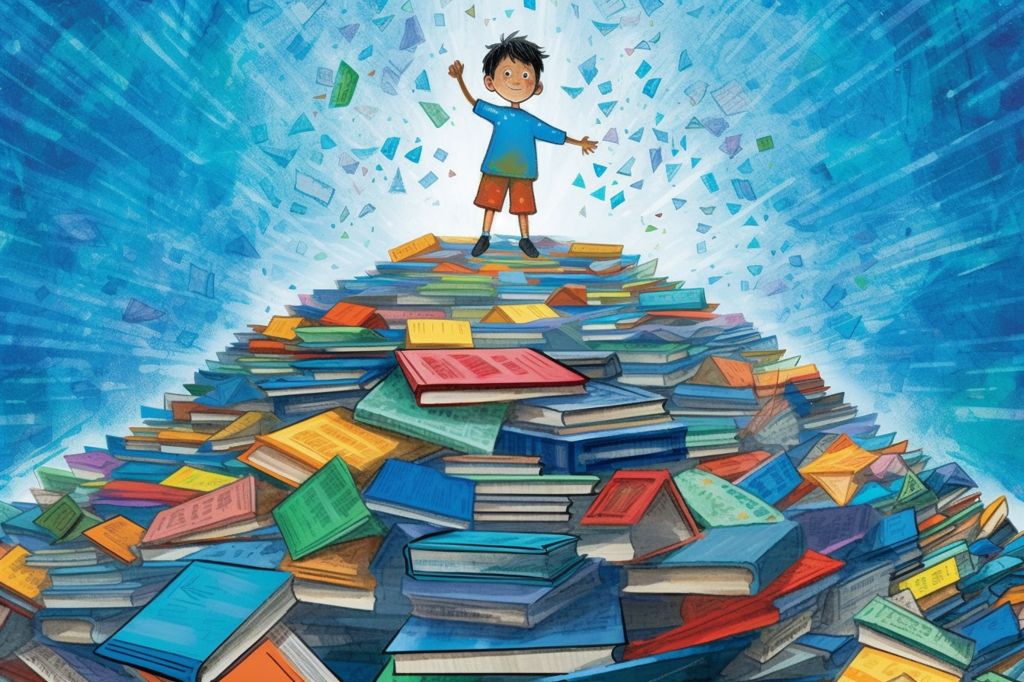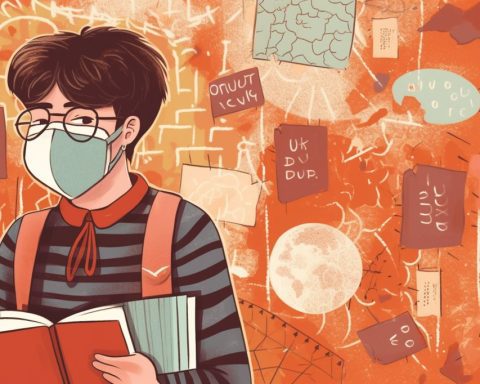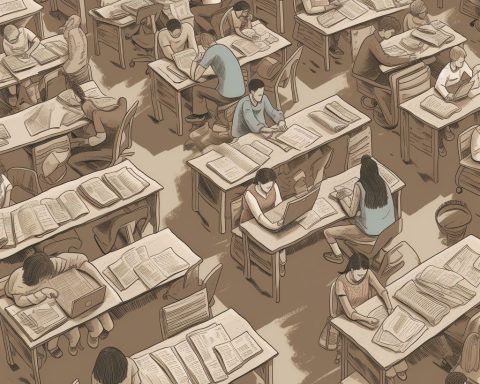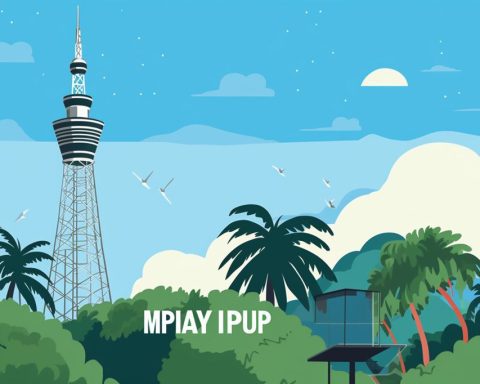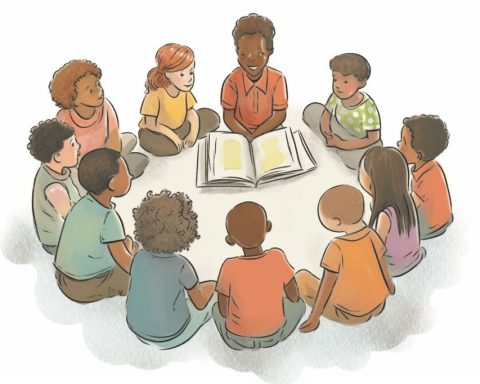The National Reading Barometer (NRB) by Nal’ibali has revealed alarming statistics about children’s literacy levels in South Africa. A survey conducted between late 2022 and early 2023 showed that two-thirds of South African children below 10 years old do not own a single children’s book. In this article, we will explore the reasons behind this literacy crisis and suggest potential solutions.
The Survey’s Findings
The NRB survey examined adult reading habits and preferences, as well as their involvement in fostering literacy among children in their households. The results are concerning, especially in light of the 2021 Progress in International Reading and Literacy Study (PIRLS), which disclosed that 81% of South Africa’s Grade 4 students could not read to understand any language.
According to Professor Nic Spaull, a member of the 2030 Reading Panel, this alarming situation is due to the insufficient acquisition of basic literacy skills in early grades. Children who failed the PIRLS assessment in Grade 4 had demonstrated an inability to master basic fluency or recognize the entire alphabet by the end of Grade 1. Policymakers need to investigate and address the factors hindering literacy development in Grade 1 and 2 classrooms.
The Bright Side of South Africa’s Reading Culture
The survey also revealed a positive trend in South African adult reading culture, with 78% of adult respondents indicating that they read for enjoyment, and 32% reporting reading a book at least once a week. However, this positive aspect must be channeled into active involvement in children’s literacy development.
Possible Solutions to South Africa’s Literacy Crisis
To rectify the literacy crisis, South Africa needs targeted interventions and improvements. Some possible solutions include:
- Enhanced teacher training programs, focusing on early grade literacy instruction, to equip educators with the necessary skills and techniques to develop young learners’ reading abilities.
- Increased access to age-appropriate, culturally relevant, and engaging reading materials for young learners.
- Collaboration between schools, libraries, and community organizations to promote reading culture and literacy development, both in and out of the classroom.
- Parental education and support programs to empower caregivers to play active roles in their children’s literacy development.
A Call to Action
South Africa’s literacy crisis is a pressing issue that demands urgent attention from policymakers, educators, and society as a whole. By understanding the root causes and implementing targeted solutions, stakeholders can work together to ensure that future generations possess the fundamental building blocks of literacy. The time to act is now to prevent further decline and to foster a thriving, literate society.

